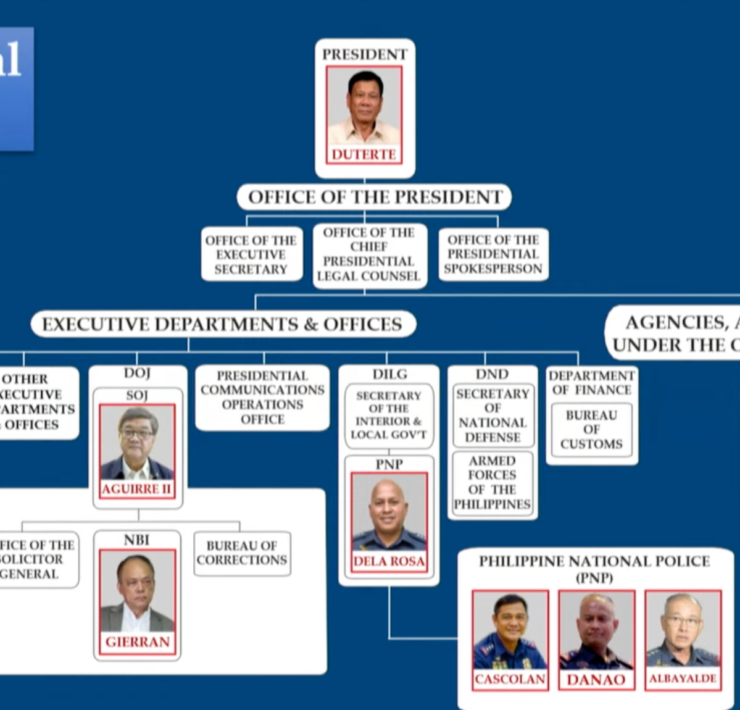SC gets health care plan for judiciary employees

The Supreme Court has procured its first-ever comprehensive health-care plan for the entire judiciary, doing away with the practice in previous years where the different court levels would go through the tedious process of procuring their own plans.
The health-care plan, which was signed on July 2 and will be effective for a year starting next Monday, covers all incumbent justices of the Supreme Court, Court of Appeals, Court of Tax Appeals and Sandiganbayan; judges from the first- and second-level courts, and all officials and employees across all court levels.
“Through this initiative, the [SC] seeks to ensure that all judicial officers and employees, along with their qualified dependents, are given proper access to health services and products, with minimal personal contributions,” Chief Justice Alexander Gesmundo said in a statement.
The high tribunal noted that in previous years, different court levels had to undergo a tedious process of procuring their respective insurance plans.
Chosen HMO
Now, with the newly acquired insurance, the healthcare plan is standardized, the high court said.
The private health maintenance organization (HMO) tapped by the high tribunal is the partnership between local firms Kaiser International Health Group Inc. and Manila Bankers and General Assurance Corp.
Gesmundo expressed hope that the comprehensive health-care plan would encourage judicial officers and employees, as well as their eligible dependents, to proactively seek medical care as needed and embrace a healthier lifestyle, free from the worry of unforeseen financial strain.
“Through this, we hope to protect their physical and psychological health to drive performance as they fulfill their roles in the administration of justice,” he added.
The Supreme Court said the initiative was in line with the Strategic Plan for Judicial Innovations 2022-2027, wherein it committed to address the needs and welfare of its internal stakeholders by procuring a comprehensive health-care plan for the entire judiciary.
According to the notice of award dated June 11, Kaiser and Manila Bankers secured the contract worth P951.68 million for the comprehensive health-care plan.
Non-PhilHealth benefits
The Philippine Health Insurance Corp. (PhilHealth) allows government agencies, public corporations and financial institutions to secure the services of private HMOs, but their benefits should not duplicate that of the state-run health insurer’s.
PhilHealth president Emmanuel Ledesma, in Advisory No. 2024-022, noted that the Commission on Audit has permitted the purchase of health-care service coverage from private HMOs “provided that the programs or benefits covered therein are not yet covered or provided by the PhilHealth.”
No double compensation
Ledesma said government agencies should make sure that supplemental coverage “are not paid for by the benefits already covered through PhilHealth” as this could “constitute double compensation and irregular disbursement of public funds.”
PhilHealth’s coverage includes the payment for basic and essential health services for select inpatient and outpatient services; primary care services and select diagnostic and commodities, and select catastrophic cases.
Excluded from PhilHealth coverage are hospital amenities; expanded choice of specialists and health facility; specialist outpatient care; most outpatient drugs; non-Philippine National Formulary drugs; commodities, devices and certain procedures; outpatient emergency services; select rehabilitative and palliative care, and annual physical examination.





















